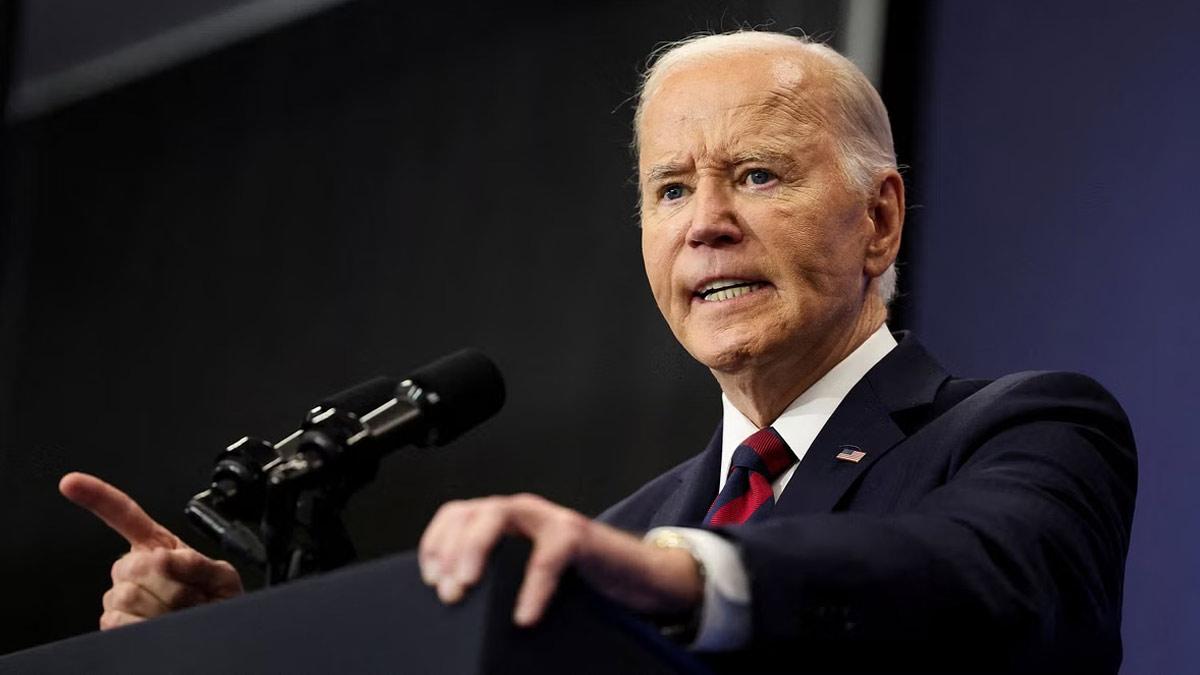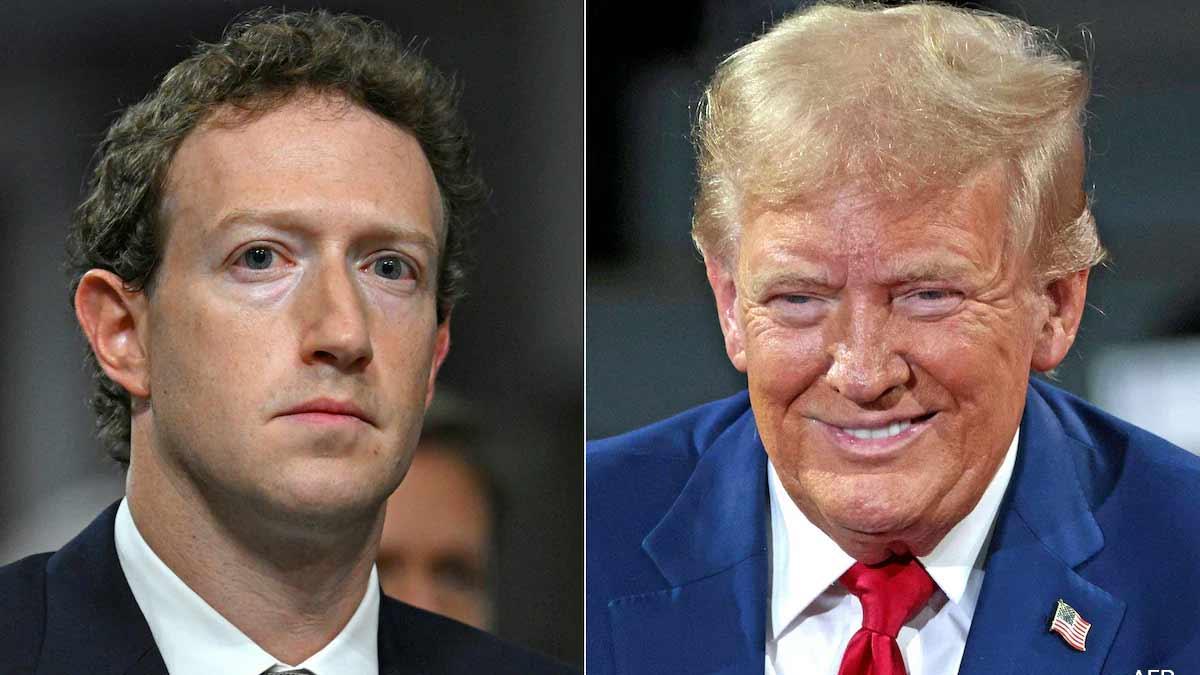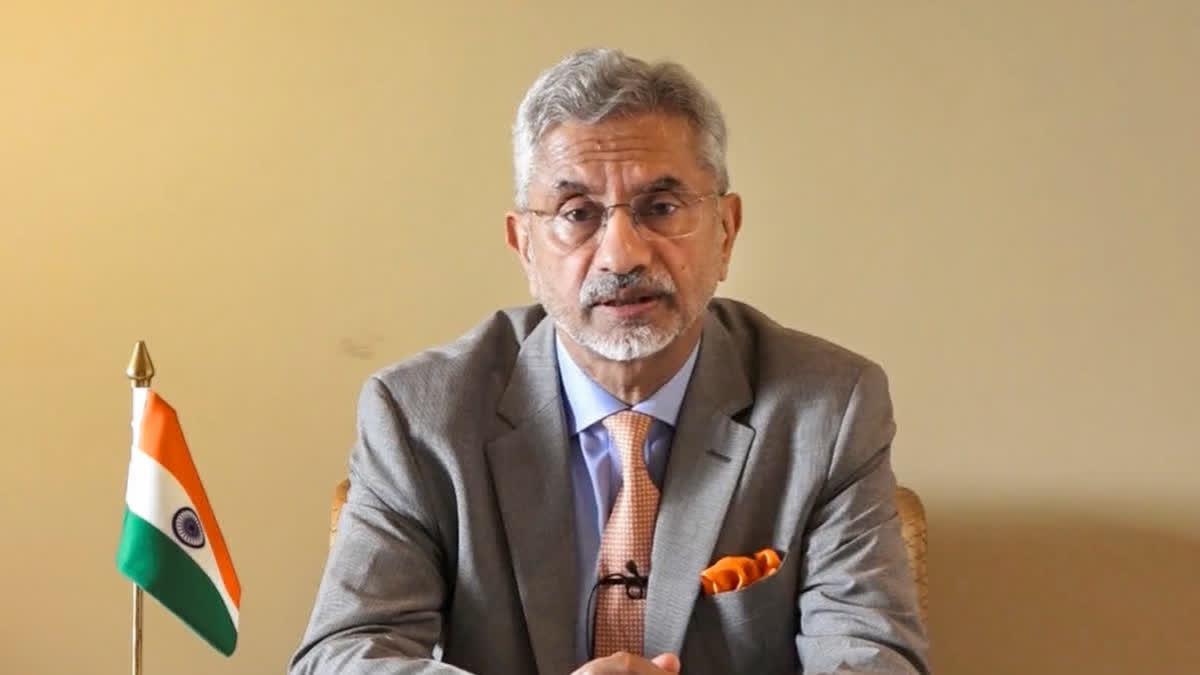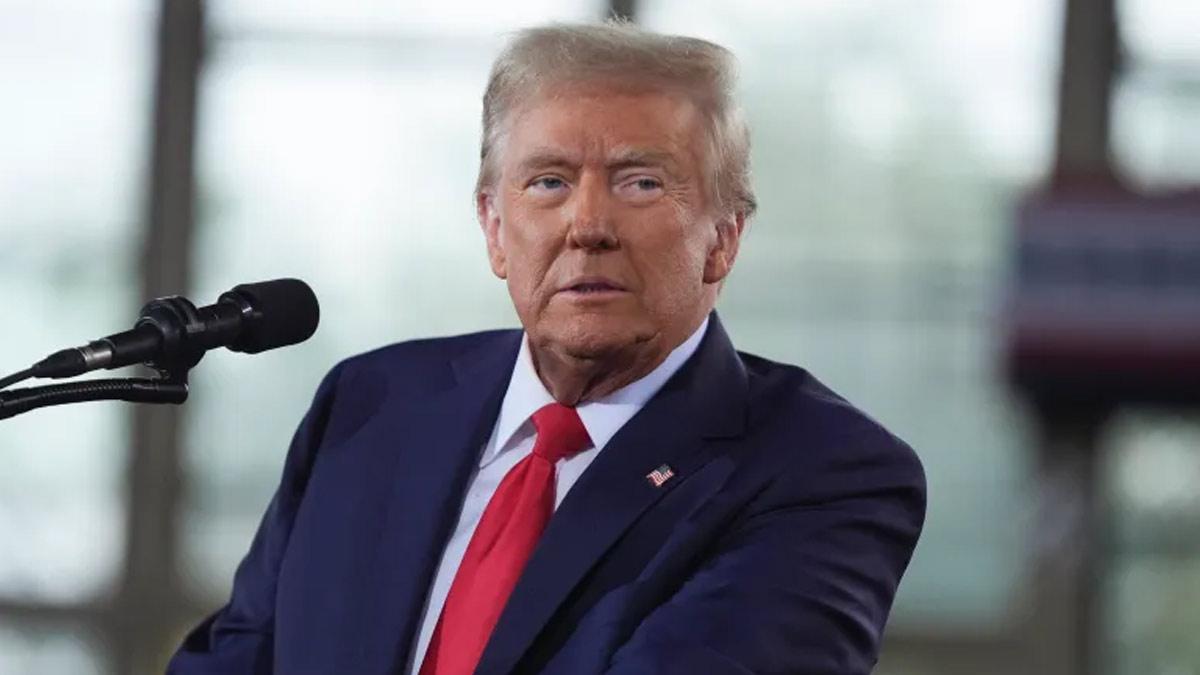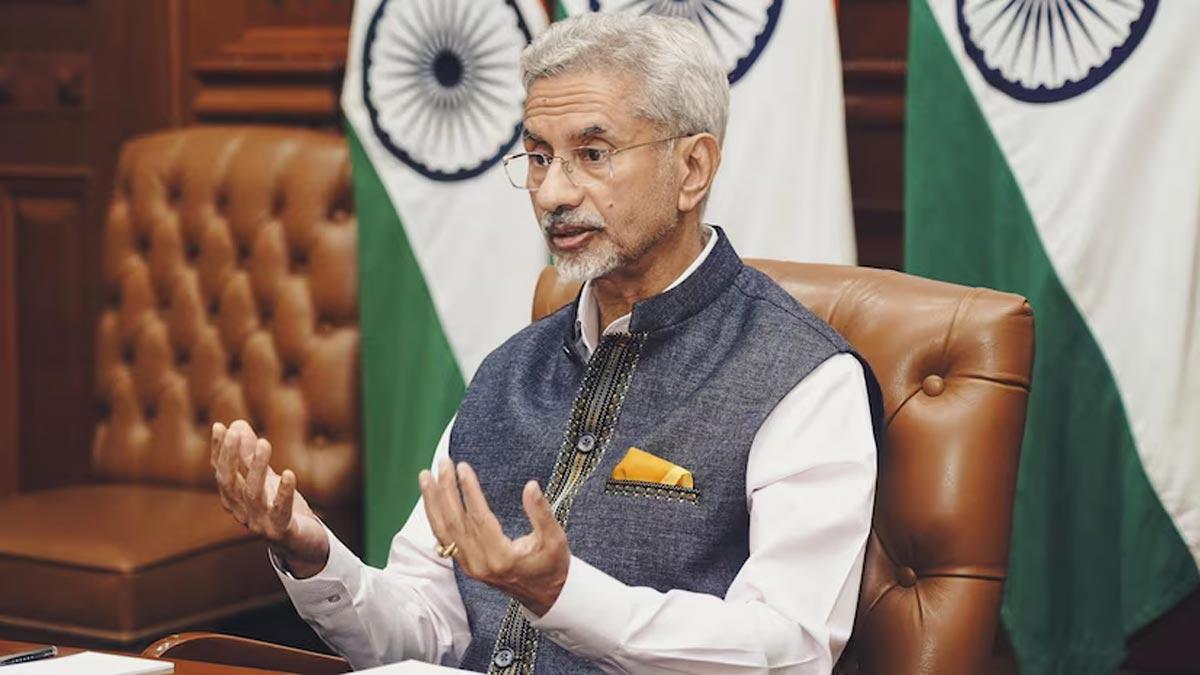House Republicans set up a vote this week on bipartisan legislation to slowly expand by 66 the number of federal judgeships around the country. Democrats are now having second thoughts with President-elect Donald Trump securing a second term.
The White House said Tuesday that if President Joe Biden were presented with the bill, he would veto it. A Congress closely divided along party lines would be unlikely to overturn a veto, likely dooming the bill's chances this year.
It's a sharp turnabout for legislation that the Senate approved unanimously in August. But the House, under Republican control, waited until after the election to vote on the measure, which phases in the creation of the new district judgeships over a decade to provide three presidential administrations with the opportunity to fill the new judgeships.
Rep. Jerry Nadler, D-N.Y., said that the bill was negotiated based on an understanding that three unknown, future presidents would get the chance to expand and shape the judiciary. No party would be knowingly given an advantage. He claimed that he begged GOP leadership to take up the measure before the presidential election. They didn't.
"It was a fair fight and they wanted no part of it," Nadler said.
As Rep. Jim Jordan, the Republican chairman of the House Judiciary Committee, explained the timing, "We just didn't get to the legislation." Change of heart by some Democrats on the bill and renewed urgency by House Republicans for considering it underlines contentious politics surrounding federal judicial vacancies.
Senate roll-call votes are now required for nearly every judicial nominee, and most Supreme Court and appellate court votes are now largely determined along party lines. Legislators are generally loathe to give presidents from the other party new chances to mold the judiciary.
According to Nadler, the bill will provide Trump with 25 judicial nominations aside from the 100 plus that are going to become available over the next four years.
"Donald Trump has made clear that he intends to expand the power of the presidency and giving him 25 new judges to appoint gives him one more tool at his disposal to do that," Nadler said.
Nadler said he's willing to take up comparable legislation in the years ahead and give the additional judicial appointments to “unknown presidents yet to come,” but until then, he was urging colleagues to vote against the bill.
Still, few are arguing against the merits. Congress last authorized a new district judgeship more than 20 years ago, while the number of cases being filed continues to increase with litigants often waiting years for a resolution.
“I used to be a federal court litigator, and I can tell you it's desperately needed,” House Speaker Mike Johnson, R-La., said of the bill.
Sen. Todd Young, R-Ind., first introduced the bill to establish new judgeships in 2020. Last year, the policy-making body for the federal court system, the Judicial Conference of the United States, recommended the creation of several new district and court of appeals judgeships to meet increased workload demands in certain courts.
Judges work hard every day to meet growing demands and resolve cases as quickly as possible, but with the volume we have and the shortage of judges we have, it just makes it a very difficult proposition," Judge Timothy Corrigan, of the Middle District of Florida, said in a recent blog post on the website of the Administrative Office of the U.S. Courts.
The blog post indicates that caseloads are creating delays that will eventually erode public confidence in the judicial process, but the bill would meet many of the federal judiciary's needs for more judges.
According to Jordan, as of June 30th, there were nearly 750,000 pending cases in federal district courts nationwide, with each judge handling an average of 554 filings. When asked if House Republicans would have brought the bill up if Vice President Kamala Harris had won the election, Jordan said the bill is "the right thing to do" and that almost half of the first batch of judges will come from states where both senators are Democrats, giving them a chance to provide input on those nominations before Trump makes them.
But in its veto threat, the White House Office of Management and Budget said the bill would create new judgeships in states where senators have sought to hold open existing judicial vacancies.
"These efforts to hold open vacancies suggest that concerns about judicial economy and caseload are not the true motivating force behind passage of the law," the White House said.
The threat emerged just ahead of this decision by the White House - shortly before Senate Majority Leader Mitch McConnell, R-Ky., indicated he'd like to hear President Joe Biden explain his rationale.
'It's almost inconceivable that a lame duck president could think about such obviously sensible step for any motive save selfish spite,' said McConnell.
Read also| Trump Threatens to Reclaim Control of Panama Canal

